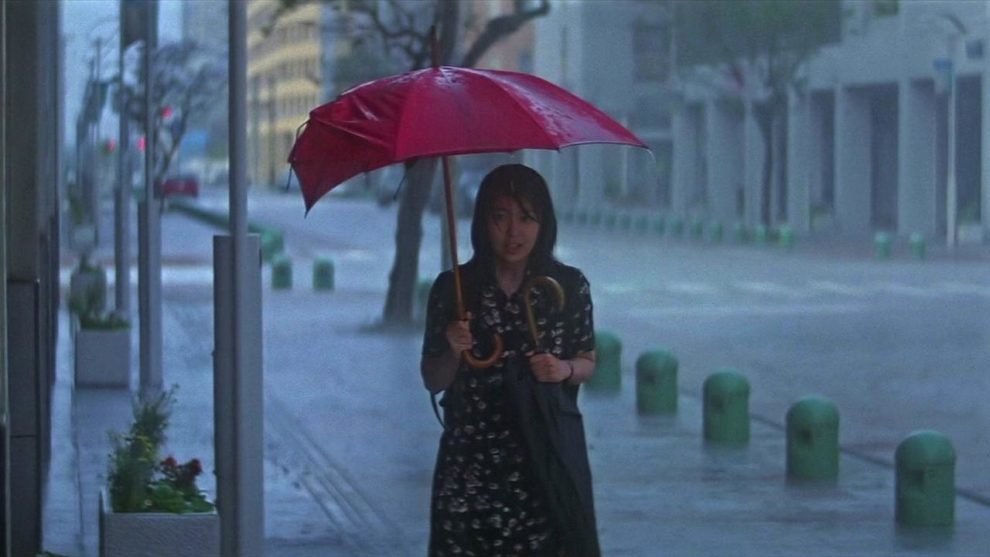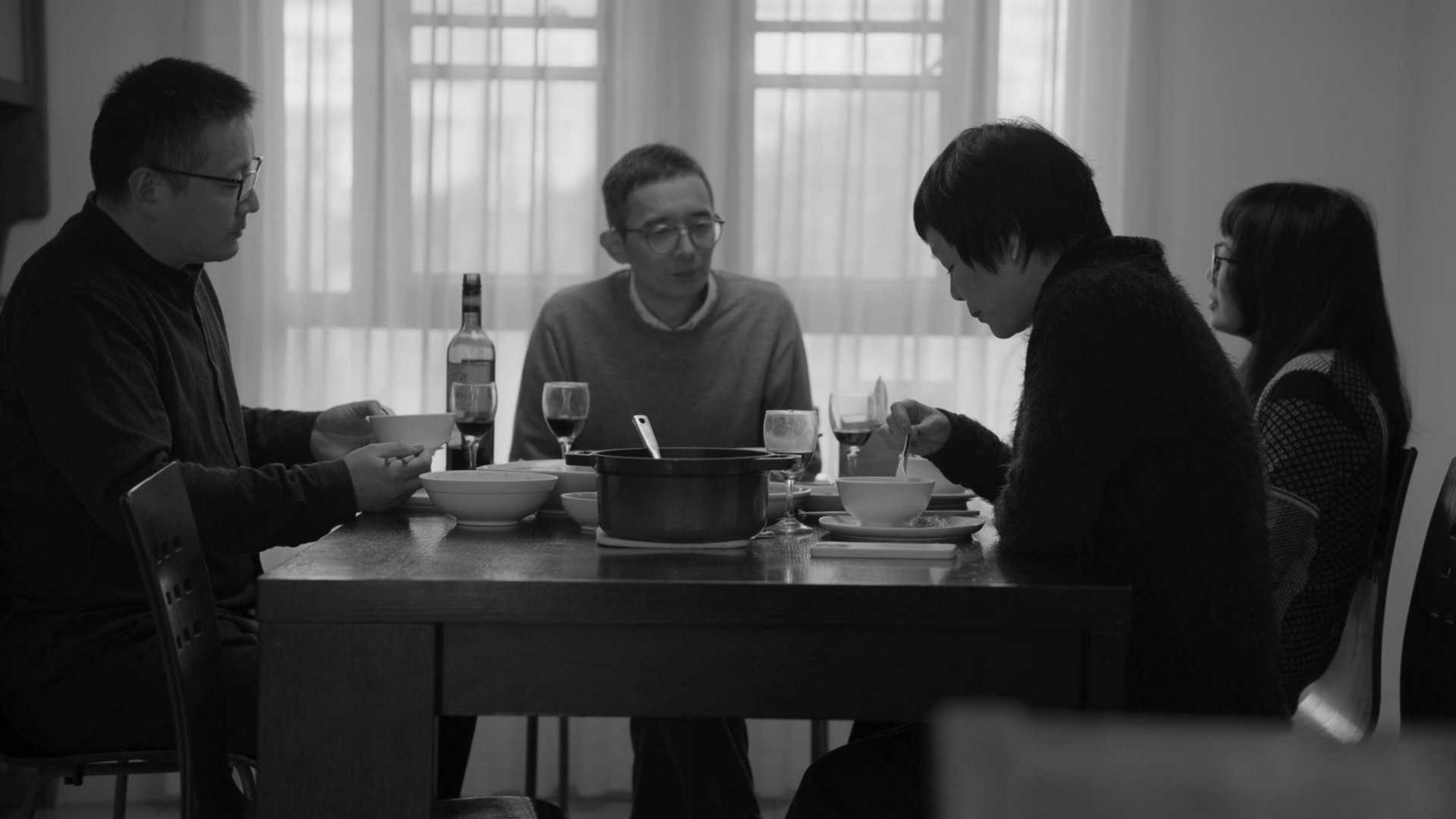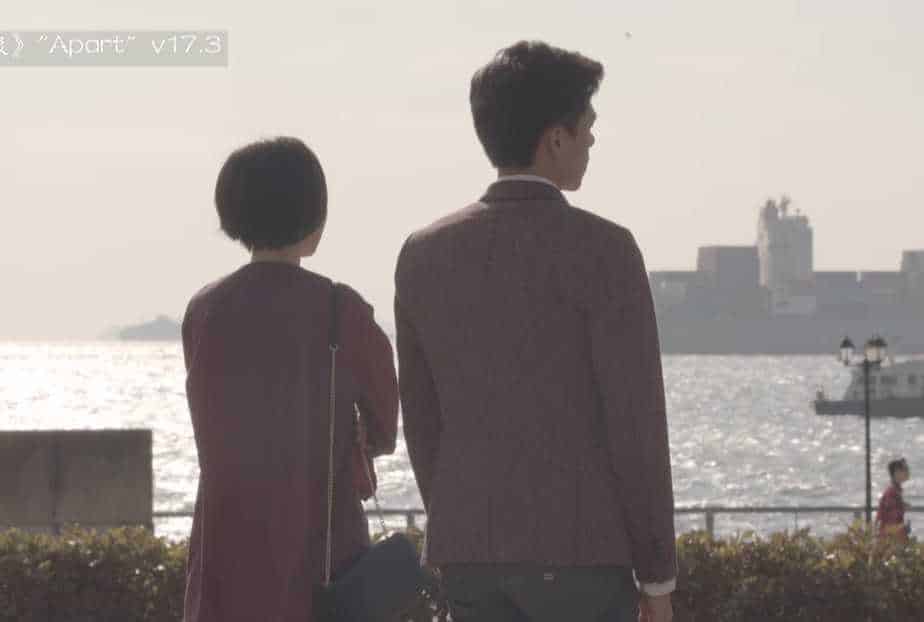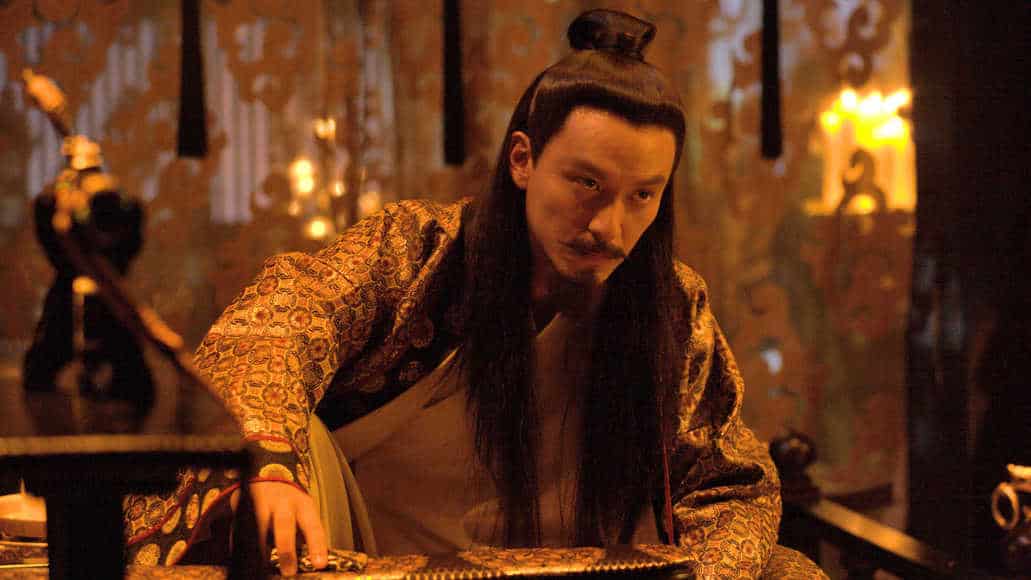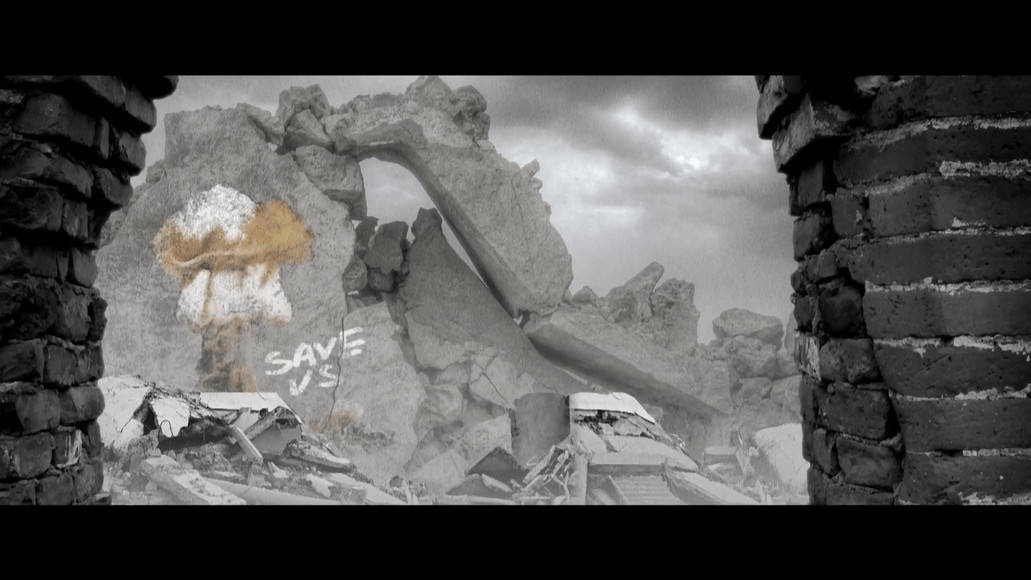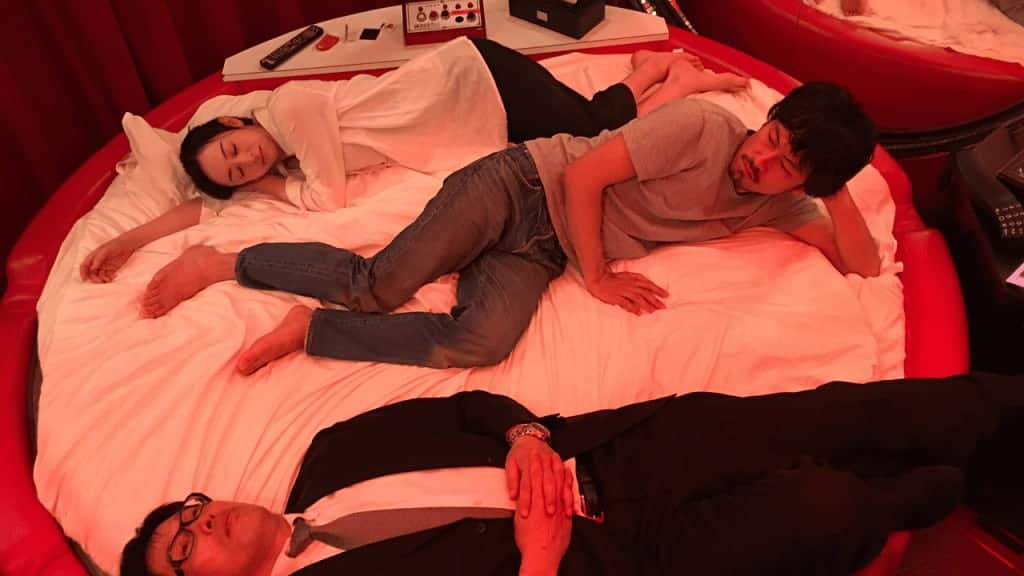Shunji Iwai always thrived in the portrayal of youths in various transitional stages of their life, with a significant part of his filmography focusing on this topic. “April Story” is another testament to the fact, although in a much tamer fashion than the majority of his work, which did not forbid it, however, from winning the audience award in Busan in 1998.
“April Story” is screening at Fantasia International Film Festival

Uzuki Nireno is a genuine country bumpkin from northern Hokkaido, who has just moved to Tokyo to study in the university. Adapting however, is not particularly easy, and the girl finds herself, either helping when not needed, interacting with men who seem anything but normal, and being pushed by a quirky girl in her classroom, the only one who wants to hang with her, into joining an air fishing club, presided by Fukatsu, an equally quirky young man. As time passes, however, Uzuki finally admits to herself that she had an ulterior motive into moving to the big city, to follow her senior in school, Yamazaki, a former member of a band that now works in a bookstore.

Shunji Iwai directs a movie that mostly thrives through its individual plots and episodes, rather than as a whole, since the story seems to be lagging unnecessarily on occasion, following Uzuki in her futile purpose of spending her time without interacting with other people. Furthermore, the excessive use of piano, in three different scenes, becomes quickly annoying.
Individually, however, the movie is truly memorable. Starting with Uzuki's interaction with the movers, continuing with the way she is coerced into joining the club, and most of all, the final scene with the umbrellas, the film becomes funny, romantic, and sensitive at the same time. Furthermore, and even more impressively, the rather extensive scene where she goes to the cinema to watch a samurai movie, actually features a black-and-white film that was created specifically for “April Story” with Yosuke Eguchi starring as Oda Nobunaga and Masato Ibu as Toshizo Saito.
Furthermore, Noboru Ishida's cinematography throughout the movie is quite accomplished, with a focus on realism that also becomes an integral part of the narrative, particularly in a number of brief scenes, as the ones with the abundance of furniture in Uzuki's new apartment, that seems to comment on the lack of space in Tokyo. Furthermore, the scene with the rain and the umbrellas in the end is impeccably shot. Lastly, Takako Matsu is quite convincing as the out-of-her-depth country bumpkin, particularly in her interactions with other characters, while also of note is Kanji Tsuda's presence in the role Yamazaki, who functions as a precursor to the roles of eccentrics he played later on.
“April Story” has its faults, and is definitely on a lower level than some of the other films Iwai shot before (“Love Letter”, “Picnic”, “Swallowtail Butterfly”) but there are still enough good aspects here for the viewer to enjoy its 67 minutes, plus a number of really memorable scenes.


